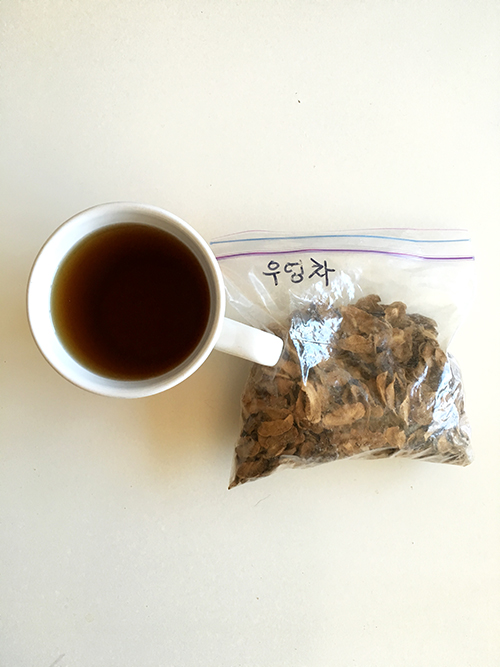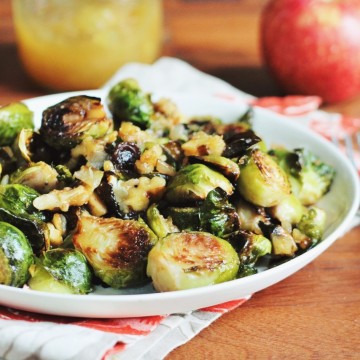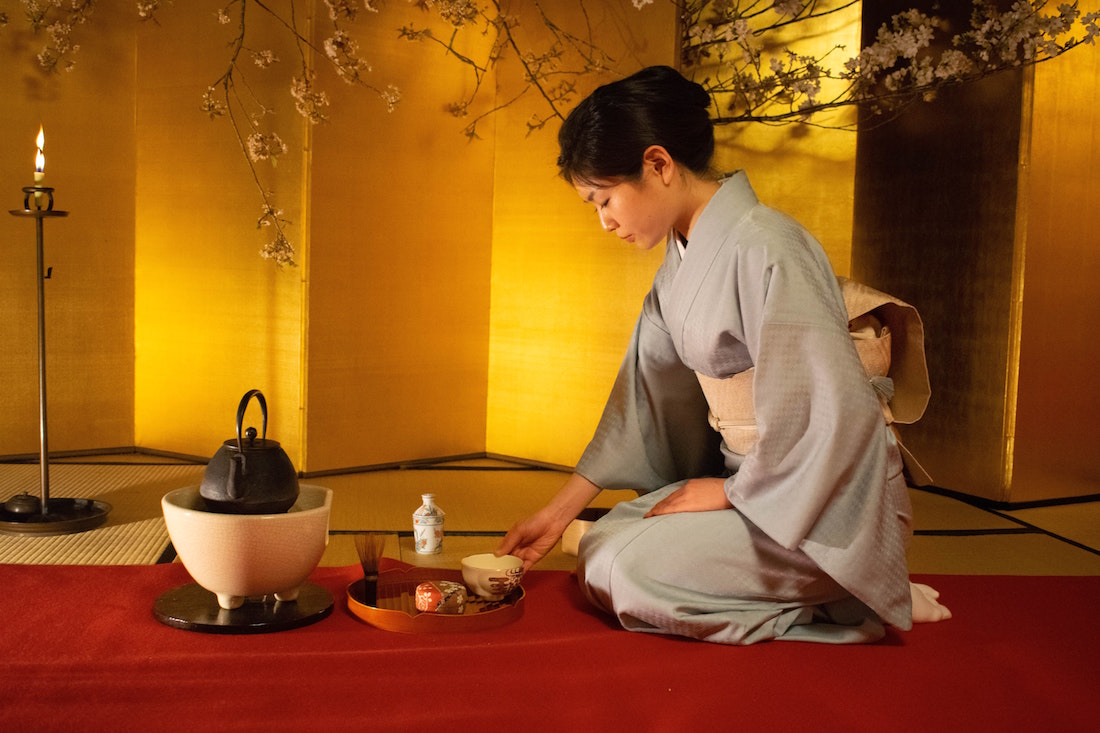As I write this, I’m sipping a delicious tea that’s supposed to help your liver out, instead of my usual morning decaf coffee. In the past week, I’ve been consciously trying to drink this tea every day and lessen the amount of coffee to max three times a week. As a fairly light drinker, healthy eater, and regular exerciser, the idea of helping my liver or going on a “liver detox” had never even crossed my mind before. So why the sudden change?
Why, of course, it has to do with my skin! After having gone through most of 2015 with good skin, I’ve been suffering from bad breakouts these past few months to my utter horror. The weird thing is that the breakouts are happening in places of my face where I’m usually sparkly clean–including between my eyebrows. According to Chinese facial mapping, each area of your face corresponds to an organ or area of your body; so breakouts between the eyes can mean you have congested liver.
While I think that a BB cream containing coconut oil might be the true culprit (I started using it just around the time breakouts began), I instantly became intrigued with the idea of healthy liver. Liver is the largest internal organ and the largest *gland* in the human body–meaning, it plays a crucial role in the production of hormones. Since adult acne is mostly related to hormone imbalance, I couldn’t believe I overlooked (!) this major organ related to good skin. In addition, the liver is responsible for a wide variety of functions including detoxification, protein synthesis, and more. Your liver is the processing center for both alcohol and fat, which is why alcohol or excessively fatty foods can fatigue and even damage your liver.
Signs of actual liver disease include: yellowing of the skin, dark urine, swollen abdomen, loss of appetite, chronic fatigue, swollen ankles, and more. Granted I don’t show any of these signs, it’s still possible that the liver isn’t at its top shape without completely breaking down. Congested liver can show up as: white tongue or bad breath, fluid retention, inability to lose weight, acne, moodiness, insomnia, sluggishness, etc.
If you feel like you might have a slowing-down of the liver, here’s how to support it back to health.
1. Get plenty of antioxidants: Your liver is the processing center for toxins, so reduce its work load by eating plenty of antioxidant-rich foods that fight free radicals for you. The more you fill your diet with fresh and colorful fruits and veggies, the better it will be for your liver. Some of my favorites include pumpkin, sweet potatoes, carrots, all berries, grapes (flavonoids), fresh leafy greens, beets, etc.
2. Reduce alcohol and caffeine intake: I know, I know. Coffee is one thing, but a glass of civilized red wine?! But one to two drinks with dinner can really add up over the course of a week. Tip: A lot of the fun associated with alcohol can be replaced with another psychologically soothing activity. Try cuddling with your pet, lighting candles, dancing to Spotify in your living room, or anything else that is less dorky but fun to you. 🙂
3. Drink burdock tea: Okay, so here’s the biggie I’ve been dying to talk about since the beginning! You might have eaten sauteed burdock root at a Japanese restaurant. Asians have always eaten burdock as food, but in recent years it’s become hugely popular in Korea as a tea for liver support and also (drum roll) acne and psoriasis. Since they pretty much know their stuff when it comes to skin care, I’ll definitely go with it. According to WebMD, burdock contains chemicals that are anti-bacterial and anti-inflammatory.
You can make burdock tea at home: just buy one of those roots in a bigger supermarket, peel, slice thinly, then lay flat on a baking sheet and dry in the oven in the lowest heat setting. It tastes amazing and savory, like broth. Or, you can buy burdock tea or even burdock supplements in natural markets.
4. Eat organic, unprocessed foods: try to limit the amount of pesticides and pollutants you intake by eating organic foods. Tip: even if something is labeled “organic” and “natural,” make sure you read the ingredients to rule out any additives.
5. Focus on cruciferous veggies: these veggies contain glucosinolates, which help produce liver enzymes that flush out toxins. Try broccoli, cauliflower, cabbages, Brussels sprouts, kale–and for added antioxidant power, you could even try broccoli sprouts.
Apple Glazed Brussels sprouts with Raisins and Walnuts
6. Use more turmeric: Turmeric has been used for thousands of years in Ayurvedic and Chinese medicines to treat liver conditions. Its curcumin stimulates the production of bile, which is in turn used by the liver to process toxins. You get a nice anti-inflammatory bonus here as well, and since acne is basically an inflammatory response, this will help your skin too. (Sorry I keep coming back to it–can’t help it!)
Would you try a liver-supporting regimen? Let me know!!
Related: Should You Take Hormonal Balance Supplements?
Get more like this—Sign up for our daily inspirational newsletter for exclusive content!
__
Photo: Peaceful Dumpling






